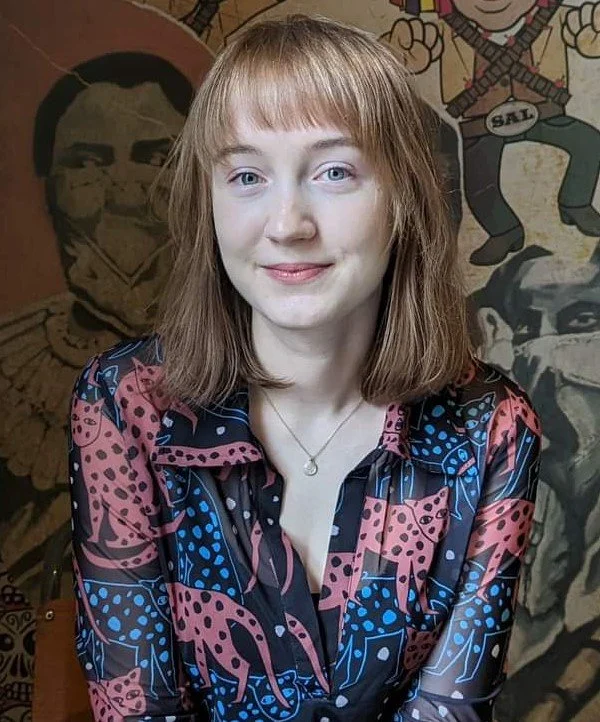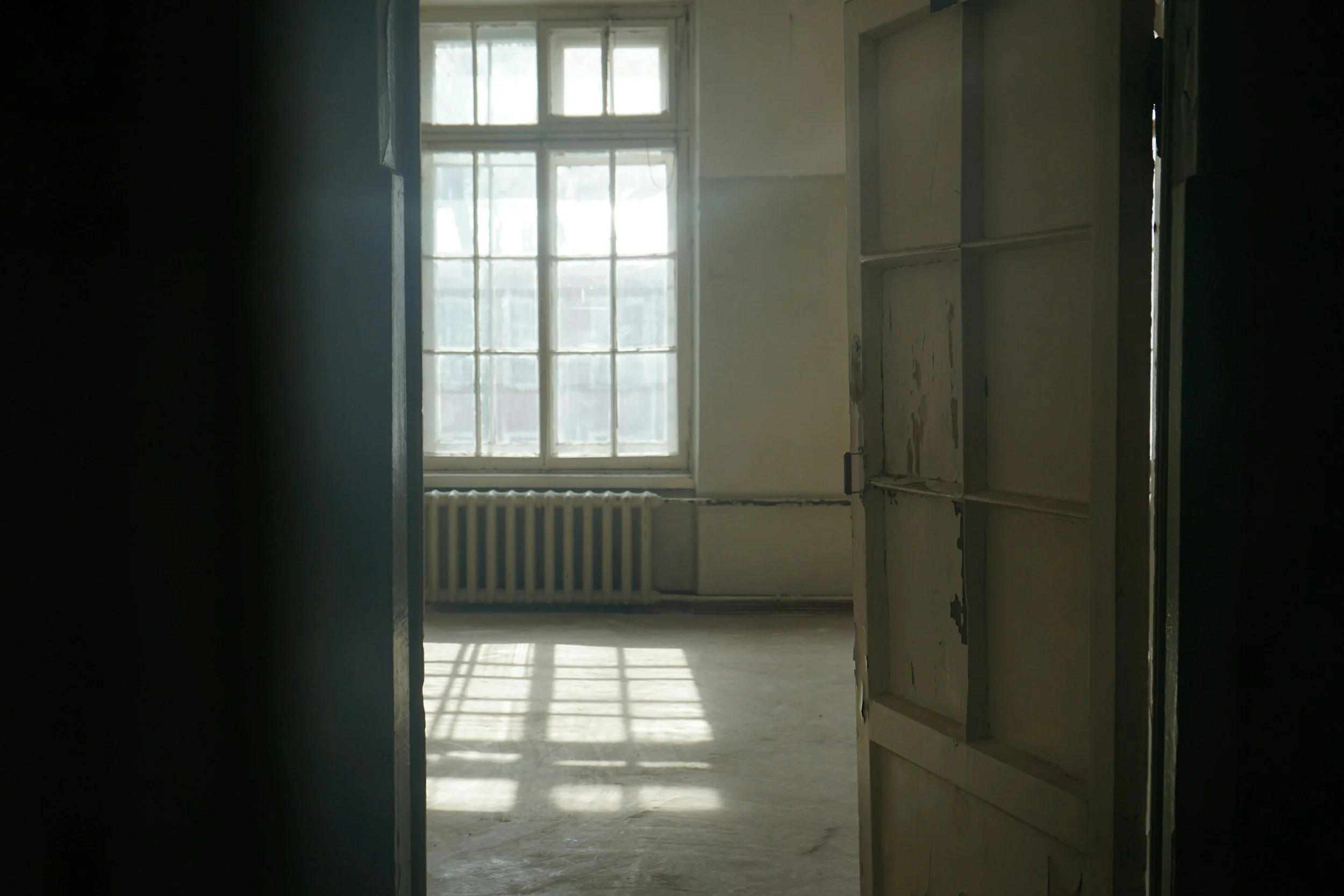RuPaul's Drag Race Season 14: ADD/ADHD in the Media
Season 14 of RuPaul’s Drag Race has been rightly celebrated for its trans representation. Among the fourteen contestants this series, five are trans women: Kerri Colby, Kornbread ‘The Snack’ Jeté, Jasmine Kennedie, Bosco, and Willow Pill. Not only was the trans representation on season 14 unprecedented within the Drag Race franchise, additionally, season 14 made history (somewhat controversially) by featuring the first ever cisgender heterosexual contestant, Maddy Morphosis.
In addition to the series’ laudable trans representation, this latest season has also featured two neurodivergent queens, as Jasmine Kennedie and Orion Story have both revealed (since filming the show) that they have been diagnosed with ADD and ADHD respectively. Of course, queens with ADD/ADHD have competed on the award-winning show in past seasons. Willam Belli of season 5, for example, has discussed their experience of ADHD on Grace Helbig’s Not Too Deep podcast, while Joslyn Fox made light of her severe ADHD in her season 6 stand-up comedy routine. Meanwhile, on the first season of Canada’s Drag Race, Boa got to discuss her ADHD diagnosis as early as the second episode. What was different in season 14, however, was that Jasmine Kennedie’s ADD/ADHD was patently used to push plotlines.
At the beginning of episode four, we see that Jasmine is left reeling from the first ball challenge of the season. She brings up her distress at merely being ‘safe’ rather than winning the previous challenge (à la Milk in All Stars 3) on more than one occasion. This, in part, leads Kornbread to confront her for her seemingly excessive talkativeness, with other queens such as Kerri Colby and Orion Story also chipping in. ‘It definitely needed to be said’, says Angeria, and now hopefully the cast can put this minor spat behind them…
Tensions are later exacerbated, however, when Willow Pill and Maddy Morphosis get to nominate other queens to join their team for the week’s acting challenge. Jasmine, being the last to be picked, plumps for Willow’s team – which includes Kornbread – in an attempt to win over her one-time critic. In her confessional, Willow predicts that sparks will fly, and her misgivings are vindicated when Kornbread, suspecting that her advice for Jasmine has fallen on stony ground, berates Jasmine for making notes while the other team members are talking. And if you’re writing, Kornbread argues, then you can’t be listening.
Such was the negative publicity following this episode that Jasmine released a statement via Twitter to address the DMs she had received from people ‘with questions and opinions about why I talk so much.’ In this statement, she revealed that she was diagnosed with ADD at the age of seventeen. She states that her ADD manifests as ‘overthinking’ and ‘overtalking’, and that these symptoms were exacerbated by the high stress environment of the competition. ‘When put in stressful situations’, she explains, ‘people with ADD/ADHD have a tendency to overtalk to compensate for being uncomfortable/feeling awkward.’
The fact that Jasmine felt the need not only to release this statement but also to include a plea that no one ‘attack any of my cast mates and their opinions towards me because of my talking’ is indicative of the increasing toxicity of certain quarters of the Drag Race fanbase. It should also be noted that, during her exit video in episode five, Kornbread stated that there were ‘no hard feelings’ on her part towards Jasmine, and it was clear from the cast reunion that the dispute between the pair had been settled. It was also during the reunion that Jasmine revealed she was grateful to Kornbread for raising the issue with her, as many of the other competing queens had had similar concerns but not voiced them. Though she interrupted Kornbread in saying as much, Miss Jeté said she ‘lived for it’, much to the amusement of their other castmates.
However, by failing to clarify within the show why Jasmine’s behaviour had proven contentious – that is, by not including a statement from Jasmine addressing the fact she has ADD within the episode itself, as Boa addressed having ADHD in Canada’s Drag Race – the show’s production can also be seen as blameworthy in their negligence. Moreover, since the show has aired, Kornbread has revealed that she suffered from mood swings while filming the series as a result of the hormone therapy she was undergoing as part of her transition process. One might speculate that this could have contributed to her altercation with Jasmine, although, in a series lauded for its representation of trans women, no mention was made of this in relation to the disagreement, if indeed it was a contributing factor. Regardless, by withholding contextual information concerning their altercation, the show’s production did both contestants a disservice: Jasmine was cast as a persona non grata under attack, and Kornbread as the stereotypical “angry black woman”. To her credit, Jasmine’s tweet on 29 Jan 2022 – in which she states that Kornbread ‘is the most caring, considerate person in this cast’, that she only ‘wanted me to reach my best when it comes to communicating’, and therefore ‘y’all should appreciate her for that’ – helped to set the record straight on this score.
Of course, Drag Race has done no worse than many other reality TV shows, in which genre it is now common practice for interactions between the show’s stars to be heavily mediated and manipulated by story production in the interests of drama and “watchability”. In fact, this emphasis on spectacle is built into the very fabric of such shows. In Drag Race’s case, according to the season 8 contract, in order to compete, applicants must consent to the possibility that the show’s production will intentionally misrepresent them ‘for dramatic purposes’ and that these ‘misrepresentations may relate to any and all topics of every kind and nature whatsoever’. While it may be common practice, however, it is not necessarily right.
By failing to properly contextualise Jasmine’s loquacity in light of her ADD diagnosis, not only did it fall to Jasmine to ‘address the talkative elephant in the room’ and defend herself from the viewers’ perceptions. It also plays into the wider issue of the predominantly negative media portrayal of people with ADD/ADHD. It is perhaps fair to say that most people first learn about ADD/ADHD through television, where, from Bart Simpson to Jonah Takalua, characters with ADD/ADHD are frequently portrayed as disruptive, potentially dangerous, and – more often than not – positioned as the butt of the joke. Media portrayals of ADD/ADHD are usually limited at best, and derogatory at worst.
In the case of the latest season of Drag Race, the show’s producers appear to have exploited Jasmine’s mental health in pursuit of a dramatic plotline. In episode 4, Jasmine is presented as something of a social pariah within the group, and her volubility apparently leads to tension among her fellow castmates. By presenting Jasmine as excessively talkative while making no mention of her ADD, some viewers may struggle to understand Jasmine’s behaviour or feel compassion for her, as evidenced by the DMs Jasmine says she received after the episode was aired. And, in turn, it may well affect how people treat and interact with those who have ADD/ADHD in real life.
Despite having her mental health condition exploited for drama and subsequently receiving some rather disrespectful DMs from certain Drag Race viewers, Jasmine has emerged as something of a fan favourite among this season’s cast. Her show-stealing performance in ‘The Daytona Wind’ was arguably the highlight of the episode, and her brave decision to come out as trans during Untucked showed a vulnerable side to this polished drag queen while also helping to raise trans awareness on one of the world’s most watched TV shows. In discussing her ADD diagnosis on Twitter, she has also helped wrest ADD/ADHD away from the stereotype of disruptive, troublesome teenage boys and demonstrated that ADD/ADHD need not be a hindrance to success. As Jasmine herself has said, ADD is ‘something that just makes me… me’ and, while she may not have won the crown, she has certainly proven herself to be one of the standout queens of the season.
Written by Catherine Dent
Catherine Dent is a freelance writer and proofreader currently based in the North East of England, where she is studying for a Creative Writing MA.








